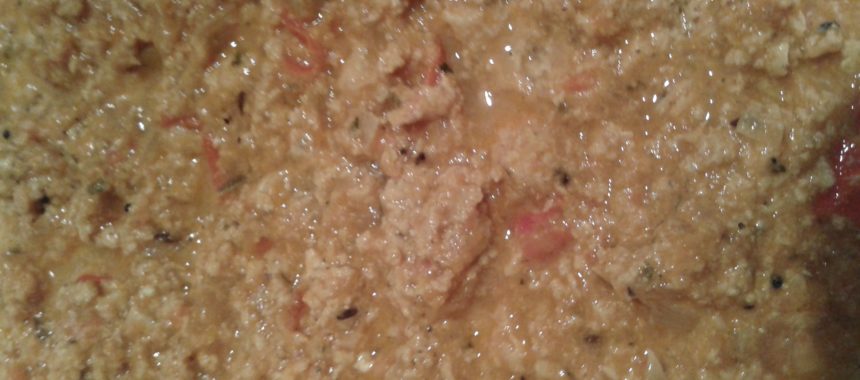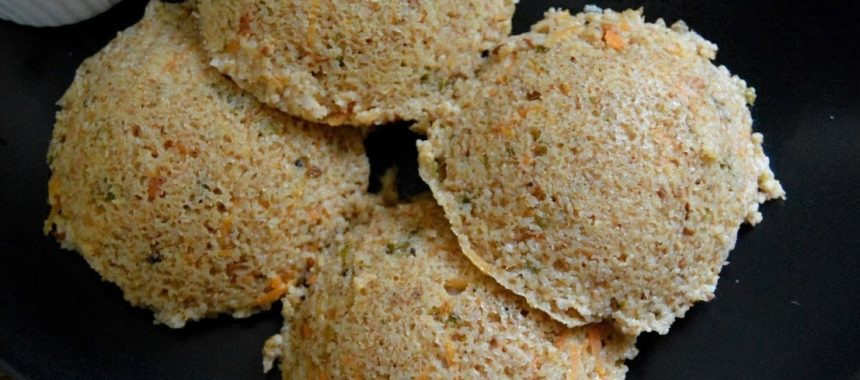Good health is an essential pre-requisite, not just for reducing poverty and increasing national prosperity, it makes for global stability too. Hence health and human development are inextricably inter-related.
“Nutrition” means, the inter-related steps by which a living organism assimilates food and uses it for growth and replacement of tissues. Human body needs food to fuel the processes that keep it alive and warm and provide energy to move and work.
Human nutrition is the most important aspect of life. We have sixteen important elements in our body. Each one has its own performance. These elements need nourishment in proper quantities. For instance, the secretion of hormones, namely insulin and certison depends upon the raw material supplied by our diet. They are complete protein of high biological value, linoleic acid, lecithin, vitamin-B, vitamin-C and vitamin-E together with mineral like zinc and magnesium. These are just a few are important ones to be mentioned. If diet fails to supply the nourishments, it may lead to many disorders in the system of the body. There are many nutrients which are important for the synthesis of hormones. Forty and odd nutrients are there, besides the above. The importance of adequate nutrition for maintaining good health and normal physical efficiency were first realized, during the Second World War by Western countries.
- Normal nutrition
- Nutrition Under nutrition
- Therapeutic nutrition Over nutrition
- Nutrition to diseases
Normal Nutrition:
Normal Nutrition should possess balanced diet. “Balanced diet” refers to over all diet that provides appropriate kinds and adequate amounts of food to supply all essential nutrients and energy for the maintenance of body cells, tissues and organs, so as to support life process for healthy optimal growth, development and activity.
The appropriate diet should be adequate and balanced depending upon age, growth, and mode of work or good habits to provide healthy body. A healthy body is made up of healthy cells which contribute to a strong immune system to keep diseases at bay. To keep these cells healthy, we need balanced nutrients, water and sufficient oxygen. But eating a well balanced diet on a regular basis and staying at ideal weight are critical factors in maintaining the emotional and physical well-being. Occupation dictates meal times. . Most of us begin to feel hungry about four to five hours after we take food. These point, three meals a day. Dieticians prefer small frequent meals than large infrequent meals with variety of food to meet all the nutrients.
Healthy diet:
- Eat what is good for you, not just what tastes good.
- At least five or more servings of fruit and vegetables a day is a must.
- The greater the variety of food, make us to eat the more and we are likely to meet our daily nutrient needs.
- Sound diet studies suggest, that too-much and too little are contribute factor in thirty five percent of all fatal diseases.
- Make nutritious meal and avoid fast and easy cook.
- Missing meals is missing important nutrients.
- Restricting the food intake may result in deficiency of vitamins and mineral intake.
- In order to stay healthy, one should have a balanced nutrition intake of 75 percent
of alkaline and 25 percent of acidic food.
Dietary factors in India:
Special diet food is not available in India and hence they find inadvertence to diet difficult. The diet currently recommended all over the world is high carbohydrate diet, specially the complex carbohydrate (Fibre) diet. They are normal is protein content and low in the fat content. The recommendation is to derive about 55-60% of the calories from fat.
In India, traditionally, diet consists mostly of 60-65% of carbohydrate, 12-15% of protein and 20-25% of fat, depending on cultural back ground. India is essentially a vegetarian country. This is considered excellent from the scientific angle as it results in a reduced fat intake, especially of animal origin. But, diet in India is deficient in protein.
If the total amount of food eaten is enough, protein requirements are easily met in any diet. Indian diet is very high in its fibre content mainly because of ingestion of large amount of cereals, pulses, fruits and vegetables. Such a diet is highly beneficial for a diabetic as well as for a person suffering from obesity or high blood lipids.





